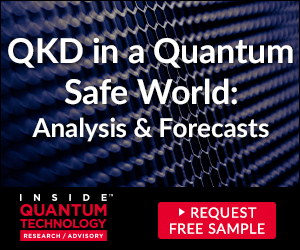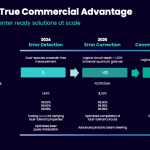Quantum News Briefs: February 9, 2024: D-Wave and Zapata AI Announce Strategic Technical and Commercial Collaboration to Advance Quantum-Enabled Machine Learning; Citi and Classiq advance quantum solutions for portfolio optimization using Amazon Braket; DOE/ASCR Issue Notice of $45M Funding Opportunity to Develop Quantum Stack; “IONQ, QBTS: Double Down on Quantum Computing With These 2 Must-Buy Stocks”; and MORE!

Quantum News Briefs: February 9, 2024:
D-Wave and Zapata AI Announce Strategic Technical and Commercial Collaboration to Advance Quantum-Enabled Machine Learning
![]()

In a landmark collaboration, D-Wave Quantum Inc., a pioneer in quantum computing, and Zapata Computing, Inc., known as Zapata AI, a leader in industrial generative AI software, have announced a strategic partnership aimed at merging generative AI with quantum computing technologies to develop applications designed to fast-track discoveries and address complex optimization challenges. This partnership will focus on the creation and commercialization of applications leveraging D-Wave’s advanced quantum technologies and Zapata AI’s expertise in generative AI, initially concentrating on quantum generative AI models to enhance the discovery of new molecules. The collaboration grants Zapata AI access to D-Wave’s cutting-edge quantum computing resources, aiming to accelerate the development and deployment of commercial applications to solve significant industrial problems. The initiative represents a significant step towards harnessing the combined potential of quantum computing and generative AI to tackle some of society’s most pressing computational issues, promising unprecedented advancements in the field.
Citi and Classiq advance quantum solutions for portfolio optimization using Amazon Braket
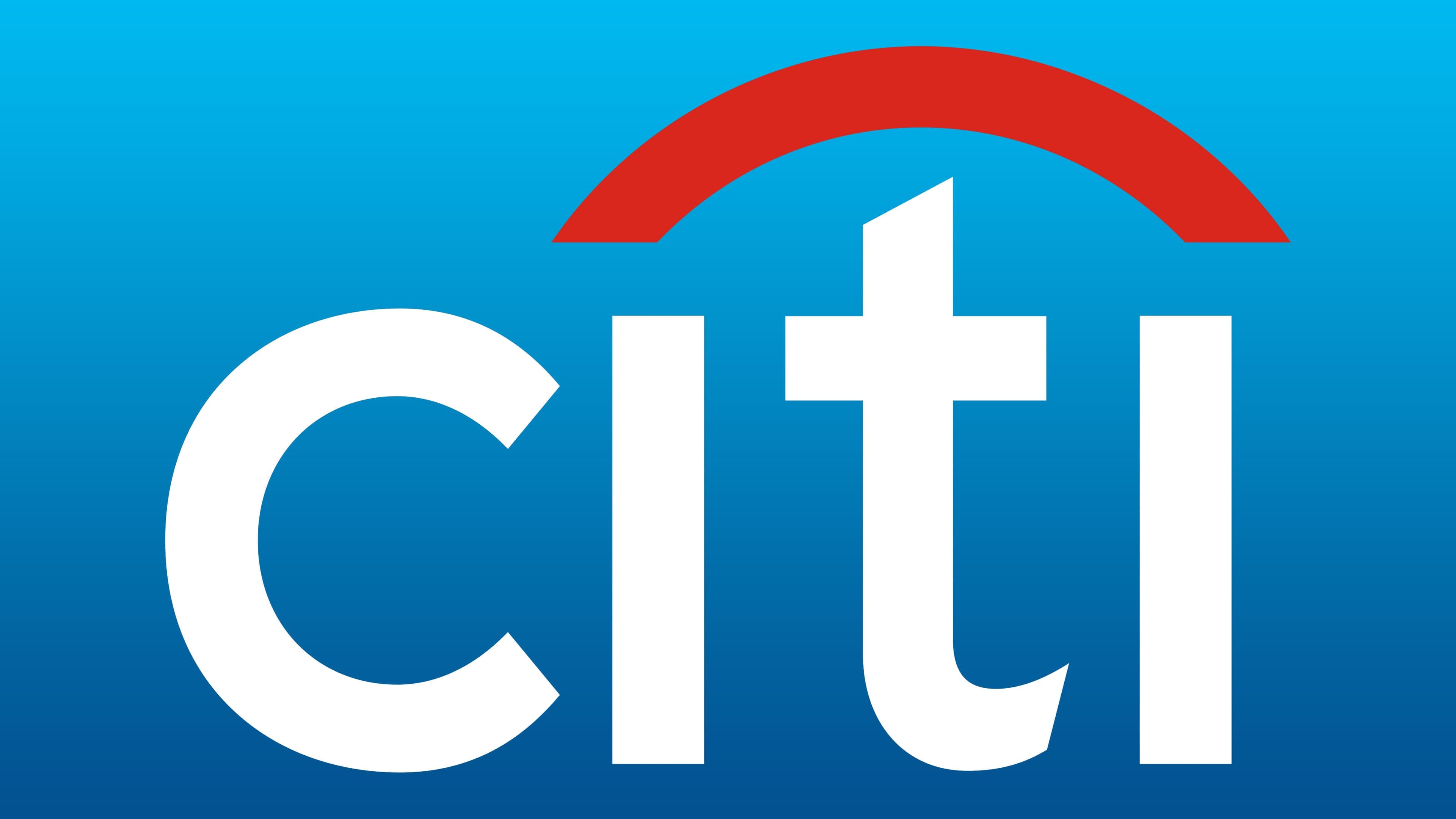
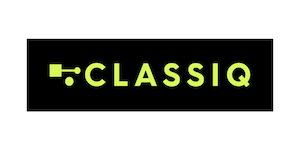
Citi Innovation Labs has partnered with the Israel-based startup Classiq, leveraging their expertise in quantum software development to explore the potential of quantum computing in portfolio optimization. Classiq’s platform, which utilizes Amazon Braket for accessing quantum resources, facilitates the design of quantum algorithms through a higher abstraction level, making it easier to bridge the gap between quantum technology and financial applications. This collaboration has focused on employing the Quantum Approximate Optimization Algorithm (QAOA) to enhance portfolio optimization strategies, despite the current limitations posed by the Noisy Intermediate-Scale Quantum (NISQ) era’s technology. By investigating adjustments to the algorithm’s penalty factor, the partnership aims to discover whether quantum computing can offer a significant advantage over classical methods in financial modeling, potentially paving the way for breakthroughs in complex financial problem-solving and further advancing the integration of quantum computing into the finance industry.
DOE/ASCR Issue Notice of $45M Funding Opportunity to Develop Quantum Stack
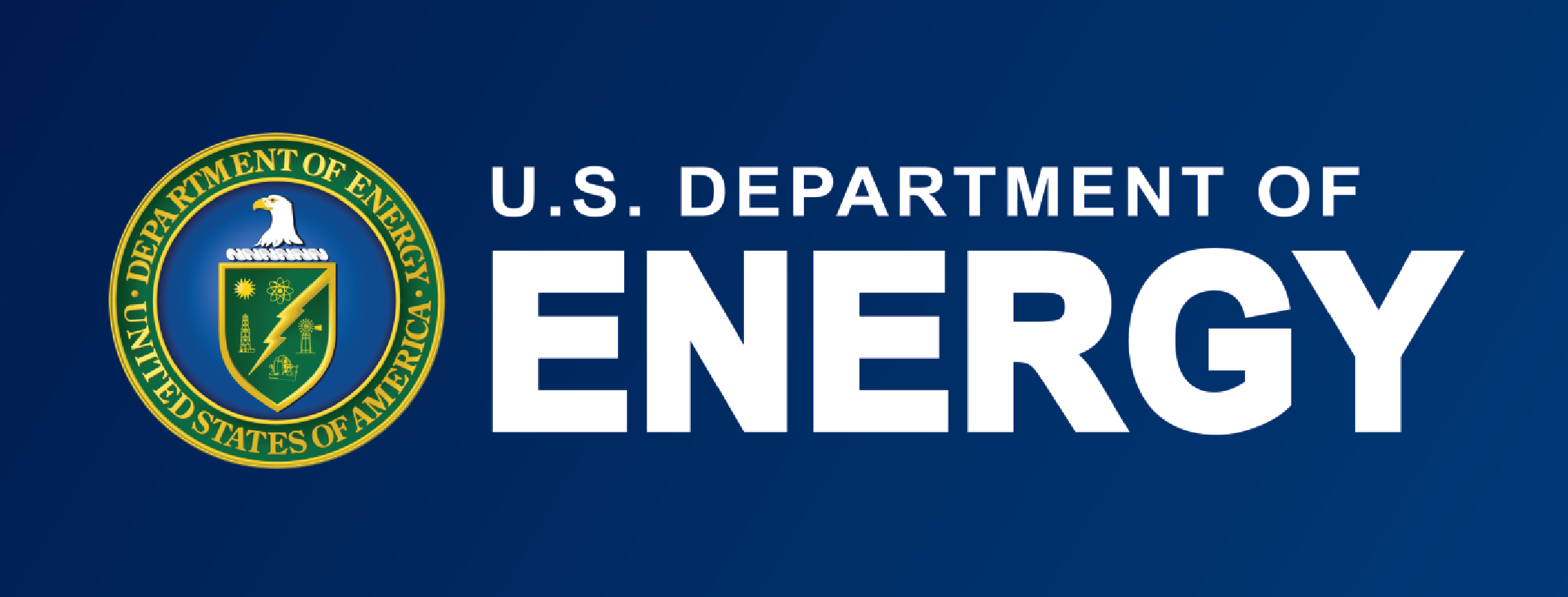
The U.S. Department of Energy’s Office of Science, as part of its Advanced Scientific Computing Research program, has announced a $45 million funding opportunity aimed at advancing the mathematical foundations, algorithms, and software pivotal to quantum computing. This initiative seeks to foster the development of a software stack versatile enough to support various quantum technologies and to demonstrate quantum utility for applications that align with the DOE’s mission. The funding opportunity focuses on two main topics: creating a modular software stack that can adapt to diverse quantum computing architectures, enhancing quantum utility by developing new algorithms, and optimizing the software stack for critical problems within the ASCR mission. With application deadlines set for May 8, 2024, following a letter of intent due by March 13, 2024, the program encourages research proposals that address practical challenges in quantum computing, including modularity, integration, and error management, aiming to advance quantum computing capabilities significantly.
UK Deepens Quantum Computing Plunge, Announces 7 Testbed Projects

The United Kingdom has reinforced its commitment to becoming a leader in quantum computing by allocating approximately £45 million in awards to seven companies for the development of testbed systems at the National Quantum Computing Centre (NQCC) and providing six Catalyst Fund awards to expedite quantum technology’s adoption in government sectors. This funding is a part of the UK’s ambitious 10-year national quantum strategy unveiled in March 2023, aiming to invest £2.5 billion in quantum development and attract an additional £1 billion from the private sector. The initiative focuses on two primary areas: developing versatile quantum computing hardware prototypes and accelerating quantum technology’s integration into public sector applications. The selected projects cover a variety of qubit architectures and aim to establish a robust foundation for quantum computing, potentially revolutionizing industries ranging from healthcare to energy. This move underscores the UK’s strategic approach to fostering a domestic quantum computing sector while remaining open to international collaboration, differentiating its technology policy from more insular strategies seen in other nations.
In Other News: Investor Place article: “IONQ, QBTS: Double Down on Quantum Computing With These 2 Must-Buy Stocks”
![]()
IonQ’s significant revenue growth in the quantum computing sector is noteworthy. Yet, it faces competition from D-Wave Quantum, emphasizing the need for investors to diversify their portfolios by investing in both companies, states a recent Investor Place article. IonQ, a leader in quantum computing with a 122% year-over-year revenue increase to $6.1 million in Q3 2023 and $26.3 million in new bookings, is aligning with AI trends through collaborations, such as with Zapata AI, to explore generative AI techniques on quantum hardware. Despite IonQ’s achievements, including reaching $100 million in cumulative bookings within three years of commercialization, the quantum computing market’s early stage and inherent volatility suggest a cautious investment strategy. D-Wave Quantum, identified as a strong competitor with a 50% revenue increase to $2.6 million and $2.9 million in bookings in the same period, is also making significant strides, notably through an agreement with Deloitte to accelerate quantum computing adoption in Canada. This scenario underscores the potential of quantum computing as the “next AI” and suggests a balanced investment approach in both IonQ and D-Wave Quantum to mitigate risks and capitalize on the burgeoning quantum computing market.
In Other News: Investor Place article: “3 Quantum Computing Stocks to Buy on the Dip: February 2024”
![]()
A recent Investor Place article states that as the quantum computing sector expands, with McKinsey & Co. forecasting a market potential of $1.3 trillion by 2035, three companies stand out for investors looking to diversify their tech portfolios. IonQ (IONQ) has shown impressive growth, with its share price nearly doubling over the past year despite a recent pullback. The company’s development of trapped ion quantum computers and quantum circuits positions it as a pure-play investment in quantum computing. IBM (IBM) unveiled the “IBM Quantum System Two” last December, claiming it to be the world’s most advanced quantum computer, capable of solving complex mathematical problems in fractions of the time compared to current supercomputers. Alphabet (GOOG/GOOGL), known for its leadership in AI, has also made significant strides in quantum computing, achieving “quantum supremacy” in 2019 and demonstrating the reduction of errors in quantum computing through increased qubit usage. These advancements underscore the growing competition and innovation within the quantum computing field, highlighting opportunities for investors in companies from startups like IonQ to tech giants like IBM and Alphabet.
Kenna Hughes-Castleberry is the Managing Editor at Inside Quantum Technology and the Science Communicator at JILA (a partnership between the University of Colorado Boulder and NIST). Her writing beats include deep tech, quantum computing, and AI. Her work has been featured in National Geographic, Scientific American, Discover Magazine, New Scientist, Ars Technica, and more.


















